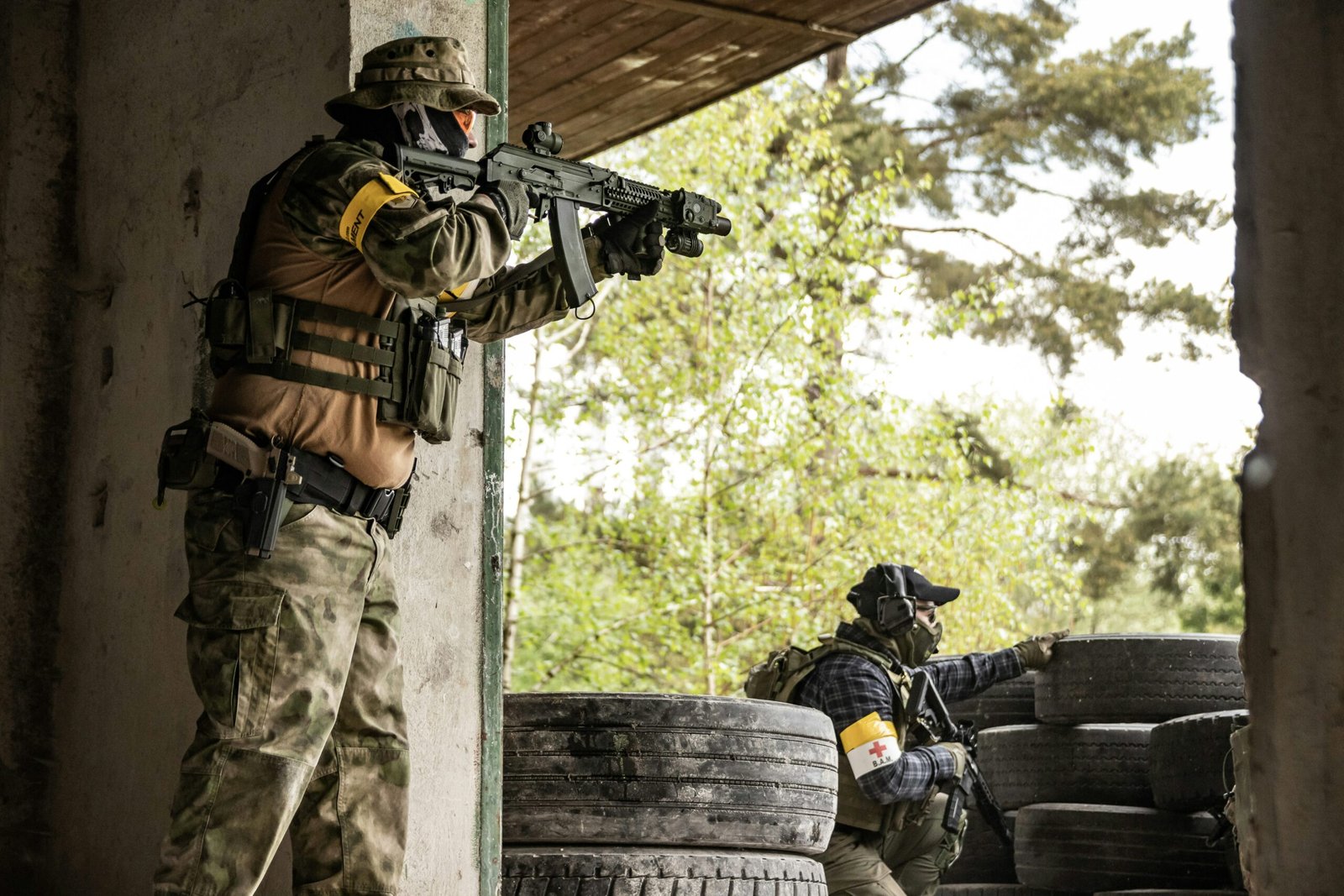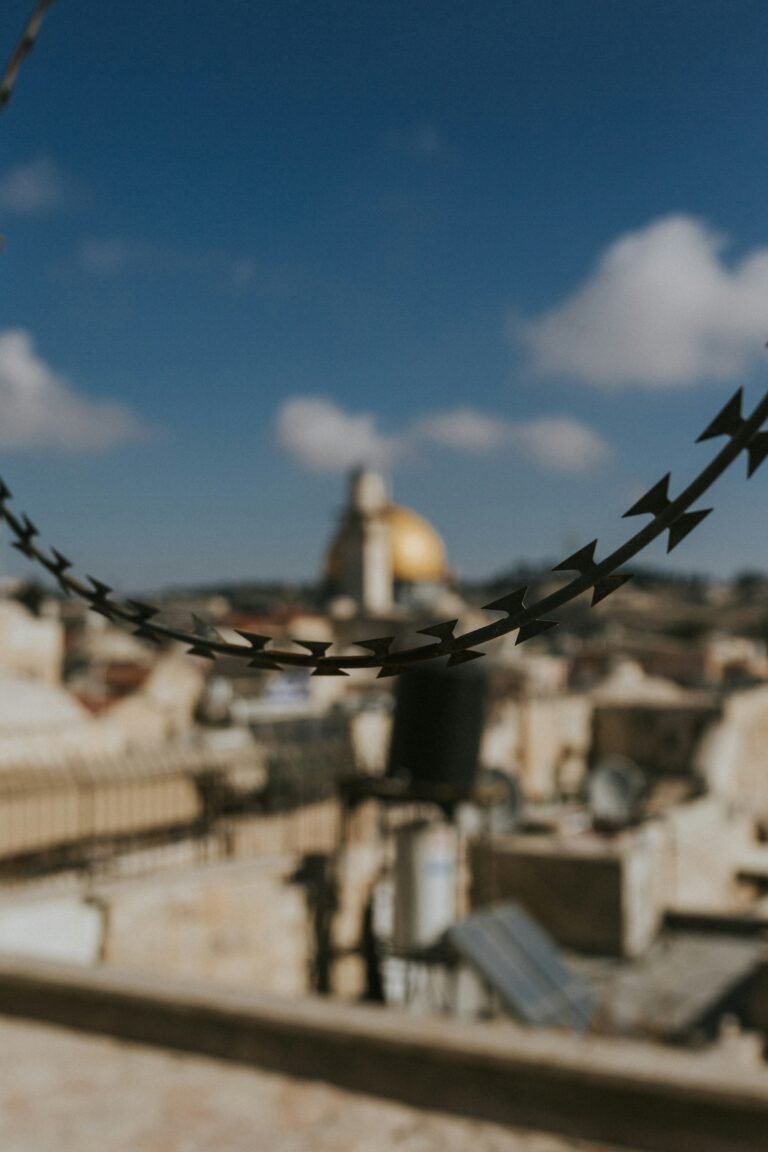Beirut, Lebanon – September 29, 2024
Israeli airstrikes have targeted and killed two high-ranking Hezbollah leaders, sharply escalating tensions in southern Lebanon. These Israeli airstrikes aim to disrupt Hezbollah’s command structure and weaken its ability to launch further attacks. Reports indicate that these leaders played crucial roles in planning assaults on Israel, raising the stakes significantly. As a result, the deaths of these leaders could provoke a fierce retaliation from Hezbollah, amplifying fears of more widespread violence.
The Impact of Israeli Airstrikes on Hezbollah
The Israeli military confirmed the recent airstrikes, stating they were part of a broader strategy to undermine Hezbollah’s operational capabilities. By executing these Israeli airstrikes, Israel hopes to disrupt the group’s ability to coordinate attacks and manage logistics effectively. Israeli Defense Forces (IDF) sources indicate that these operations specifically targeted military infrastructure linked to Hezbollah’s leadership.
In previous weeks, the region has seen a notable uptick in hostilities. Hezbollah has fired rockets and drones into northern Israel, prompting a response from the Israeli military. This pattern of Israeli airstrikes against Hezbollah positions has become increasingly aggressive, reflecting the growing tensions in the area.
Escalating Violence at the Border
Moreover, the situation along the Israel-Lebanon border has become increasingly volatile. The Israeli airstrikes have intensified in response to Hezbollah’s rocket and drone attacks. As a result, the Israeli military has launched retaliatory airstrikes aimed at eliminating potential threats. The targeting of high-ranking officials marks a significant escalation in Israel’s “decapitation strategy,” which focuses on removing key leadership figures to destabilize militant organizations.
Responses from Hezbollah and Regional Players
Hezbollah’s leadership has vowed to retaliate, raising the specter of a larger military confrontation. The group views the deaths of its commanders due to Israeli airstrikes as a direct challenge, which could lead to renewed hostilities across the border. In previous conflicts, Hezbollah has responded to such provocations with significant military operations, potentially expanding the conflict beyond its current scope.
The international community has reacted with concern. The United Nations and several nations have called for restraint from both sides, particularly in light of the ongoing Israeli airstrikes. In a recent statement, UN Secretary-General António Guterres emphasized the need for both Israel and Hezbollah to avoid actions that could lead to greater civilian suffering. “The situation remains precarious, and both parties must prioritize the safety of civilians,” he stated.
Humanitarian Crisis Deepening
As military actions escalate, the humanitarian situation continues to deteriorate. Thousands of families in southern Lebanon have fled their homes due to the relentless Israeli airstrikes. The towns of Nabatieh and Tyre have seen significant destruction, with reports of civilian casualties. In northern Israel, cities like Haifa have been subjected to rocket fire, forcing residents into shelters and disrupting daily life.
Humanitarian organizations are raising alarms about the collapse of essential services. According to Doctors Without Borders, the ongoing conflict, exacerbated by Israeli airstrikes, has severely strained healthcare systems in both Lebanon and Israel. “The escalation in violence is putting already vulnerable populations at further risk,” a spokesperson for the organization said.
Potential Regional Implications
The deaths of these Hezbollah leaders could also draw in regional powers like Iran and Syria. Analysts fear that increased Iranian involvement might lead to a broader Middle Eastern conflict. Hezbollah, being Iran’s primary ally in the region, receives financial and military support from Tehran. This connection raises concerns that Iran could escalate its involvement if Hezbollah decides to retaliate aggressively.
Urgent Calls for Diplomacy
Despite the rising violence, global leaders continue to advocate for peace talks. The U.S. and European nations support Israel’s right to defend itself while emphasizing the critical need for negotiation. However, both Israel and Hezbollah seem focused on military strategies, complicating efforts to achieve a peaceful resolution.
In conclusion, as tensions escalate due to Israeli airstrikes, urgent diplomatic efforts are essential to avert a larger crisis. The coming days will be crucial in determining whether the conflict can be contained or if it will spiral into a regional war. Without immediate action, the risk of broader conflict remains high.




